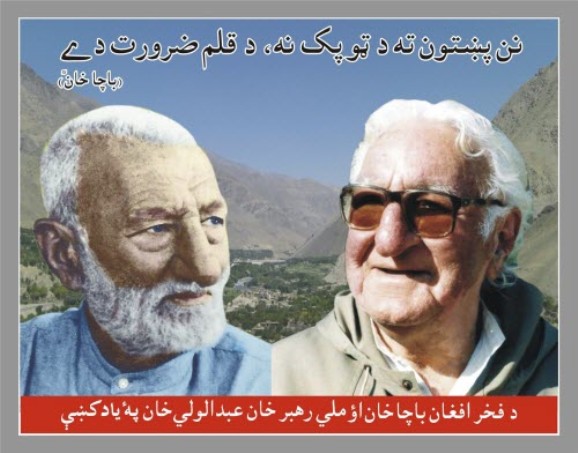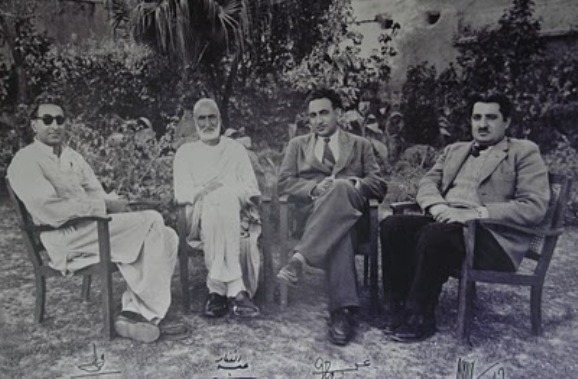US diplomatic cables released on Sunday show that since 2007 the United States has been engaged in a secret effort to remove highly enriched uranium from a Pakistani research reactor. According to the documents released by a whistle-blowing website called Wiki-Leaks, the US administration authorised this effort because American officials feared the material could be diverted for use in an illicit nuclear device.
One cable quotes Saudi King Abdullah as saying that President Asif Ali Zardari was “the greatest obstacle” to Pakistan’s progress. “When the head is rotten,” he said, “it affects the whole body”.
In May 2009, US Ambassador Anne W. Patterson reported to the State Department that Pakistan was refusing to schedule a visit by American technical experts because, as a Pakistani official said, “if the local media got word of the fuel removal they certainly would portray it as the United States taking Pakistan’s nuclear weapons”.
Cables sent by the US Embassy in Islamabad to the State Department also talk of “grave fears in Washington and London over the security of Pakistan’s nuclear weapons programme” amid the country’s growing instability.
They depict the Obama administration struggling to sort out which Pakistanis are trustworthy partners against Al Qaeda, and “assessing whether a lurking rickshaw driver in Lahore was awaiting fares or conducting surveillance of the road to the American Consulate”.
WikiLeaks, a site devoted to leaking government documents, apparently received hundreds of thousands of US diplomatic cables from an anti-war activist who got access to the secret files due to a glitch in the computer system.
The US government, however, warned WikiLeaks not to release the documents.
On Saturday, State Department’s Legal Adviser Harold Hongju Koh sent a letter to WikiLeaks chief Julian Assange, warning him that the release of approximately 250,000 secret documents would have “grave consequences” and place at risk the lives of journalists, human rights activists and soldiers. Mr Assange had earlier asked the State Department for information on any individuals who may be “at significant risk of harm” by the disclosure. Earlier on Sunday, WikiLeaks released a Twitter message, saying: “We are currently under a mass distributed denial of service attack” but said that some of the world’s major newspapers — such as El Pais, Le Monde, Speigel, The Guardian and The New York Times — will publish many US embassy cables, even if WikiLeaks went down.
And by Sunday afternoon (Washington time), all these news outlets published their versions of the leak, ignoring stern warning they too had received from the State Department.
They reported that more than 250,000 US embassy cables released by WikiLeaks “reveal previously secret information on American intelligence gathering, and political and military strategy”.
The release “catapulted the United States into a worldwide diplomatic crisis”, noted the Guardian. Many of these classified cables were sent as recently as February this year.
Attack on Iran
The documents show that Arab leaders are privately urging an air strike on Iran and that US officials have been instructed to spy on the UN’s leadership. The cables also talk about a major shift in relations between China and North Korea, and details of clandestine US efforts to combat Al Qaeda in Yemen. Disclosures that both the Guardian and the NYT believe can cause a major diplomatic uproar include:
— Alleged links between the Russian government and organised crime.
— Devastating criticism of the UK’s military operations in Afghanistan.
— Claims of inappropriate behaviour by a member of the British royal family.
— Serious political criticisms of David Cameron to requests for specific intelligence about individual MPs.
— Specific allegations of corruption against world leaders.
— Harsh criticism by US embassy staff of their host governments.
The material includes a reference to Vladimir Putin as an “alpha-dog”, Hamid Karzai as being “driven by paranoia” and German Chancellor Angela Merkel as someone who “avoids risk and is rarely creative”.
One cable compares Mahmoud Ahmadinejad with Adolf Hitler.
The cables name countries involved in financing terror groups, and describe a near “environmental disaster” last year over a rogue shipment of enriched uranium.
They disclose technical details of secret US-Russian nuclear missile negotiations in Geneva, and include a profile of Libyan leader Muammar Qadhafi, who they say is accompanied everywhere by a “voluptuous blonde” Ukrainian nurse. The cables cover Secretary of State Hillary Clinton’s activities under the Obama administration, as well as thousands of files from the George Bush presidency.
The cables reveal how the US uses its embassies as part of a global espionage network, with diplomats tasked to obtain not just information from the people they meet, but personal details, such as frequent flyer numbers, credit card details and even DNA material.
Classified “human intelligence directives” issued in the name of Hillary Clinton or her predecessor, Condoleezza Rice, instruct officials to gather information on military installations, weapons markings, vehicle details of political leaders as well as iris scans, fingerprints and DNA.
The most controversial target was the leadership of the United Nations. That directive requested the specification of telecoms and IT systems used by top UN officials and their staff and details of “private VIP networks used for official communication, to include upgrades, security measures, passwords, personal encryption keys”.
One cable shows that when Afghanistan’s vice-president visited the United Arab Emirates last year, local authorities working with the Drug Enforcement Administration discovered that he was carrying $52 million in cash.
Speaking to an Iraqi official about Nuri Kamal al-Maliki, the Iraqi Prime Minister, Saudi King Abdullah says: “You and Iraq are in my heart, but that man is not.”
Some cables claim that Saudi donors remain the chief financiers of militant groups like Al Qaeda, and the tiny Persian Gulf state of Qatar, a generous host to the American military for years, was the “worst in the region” in counter-terrorism efforts.







 7:39 AM
7:39 AM
 Muhammad Zai Khan
Muhammad Zai Khan












